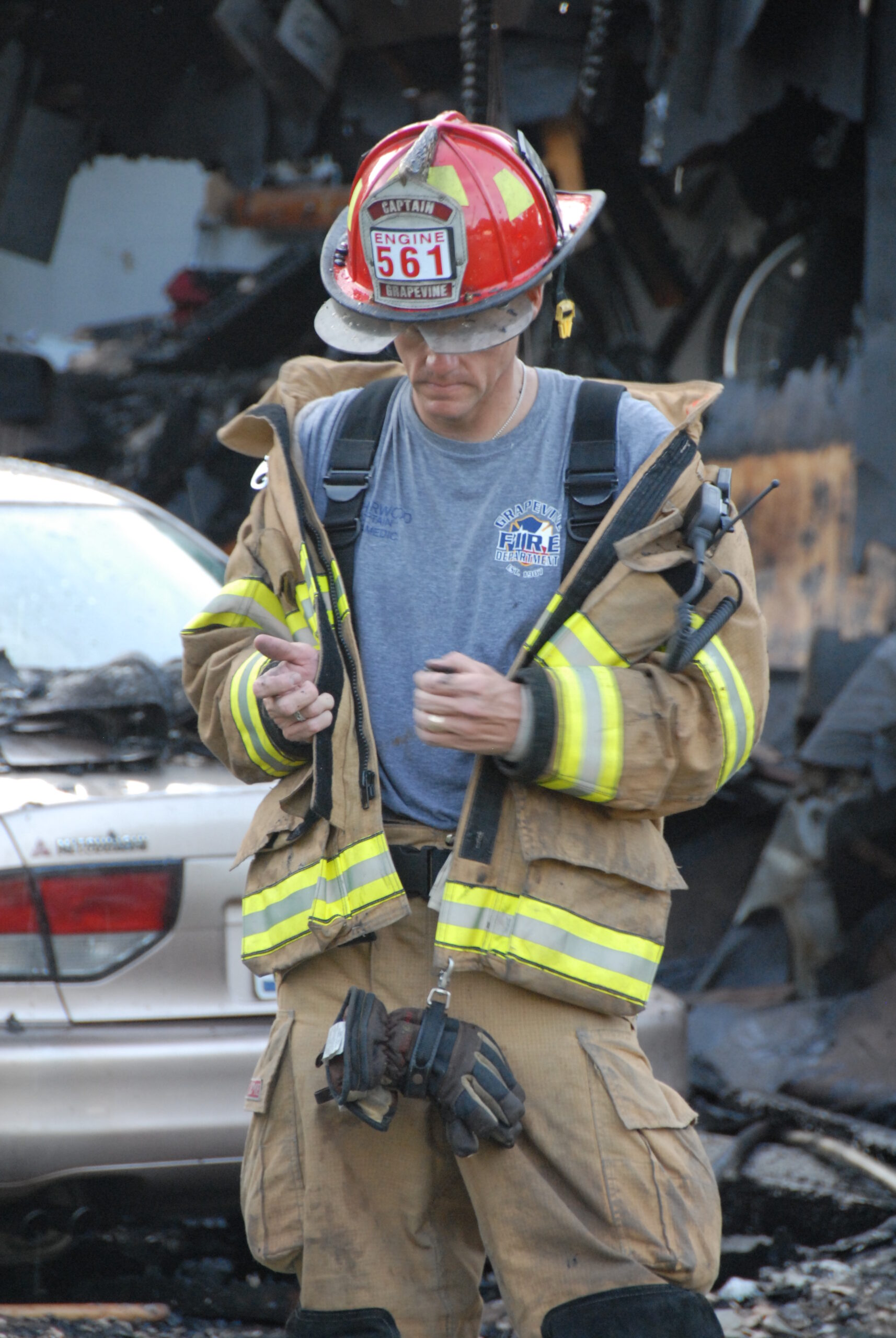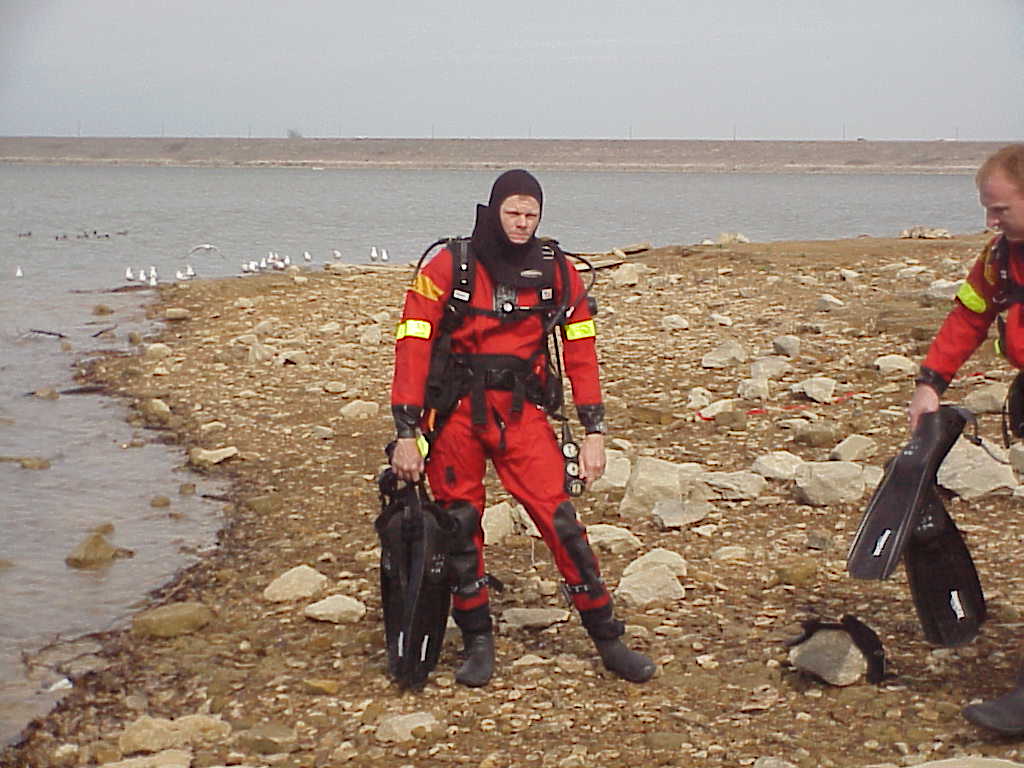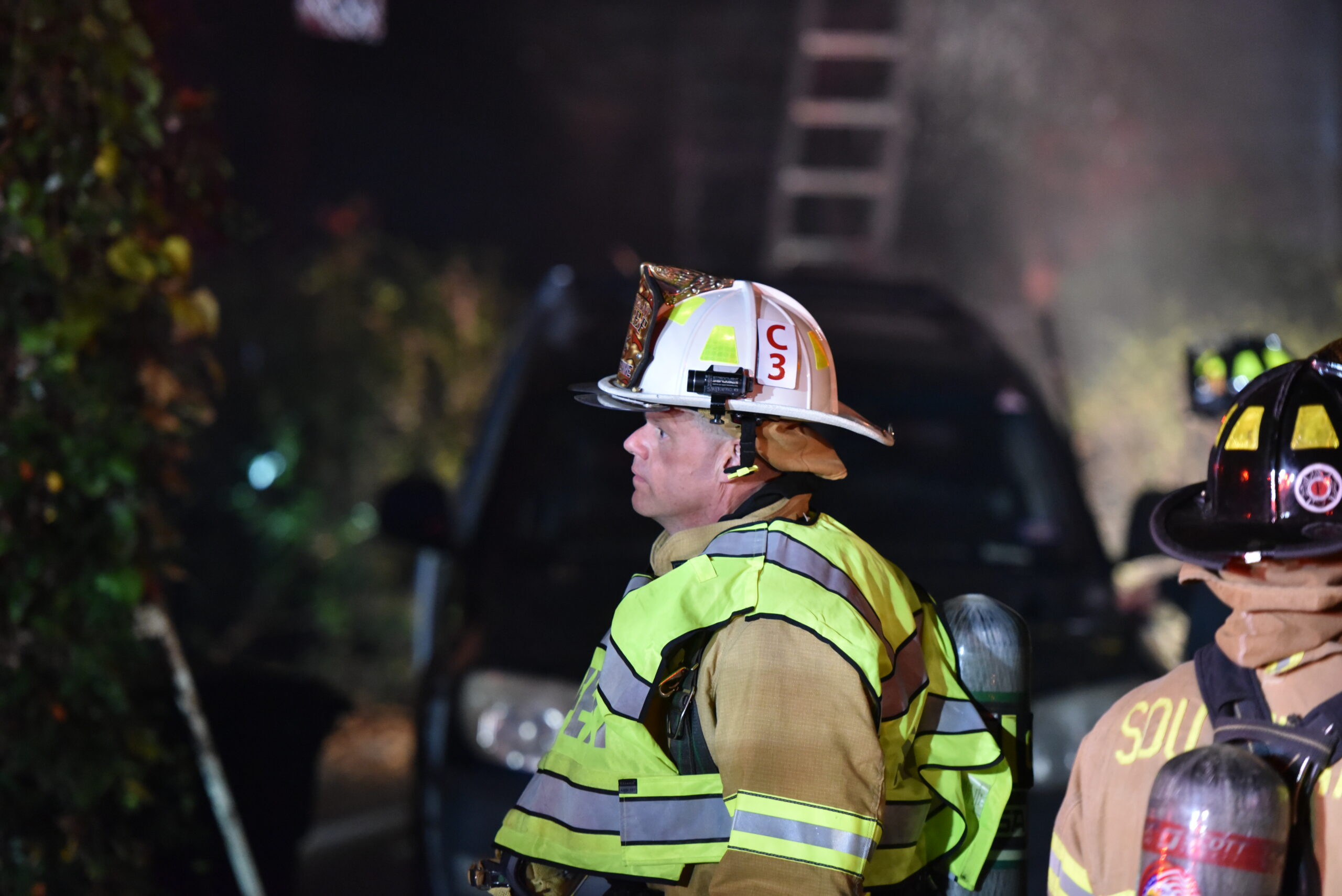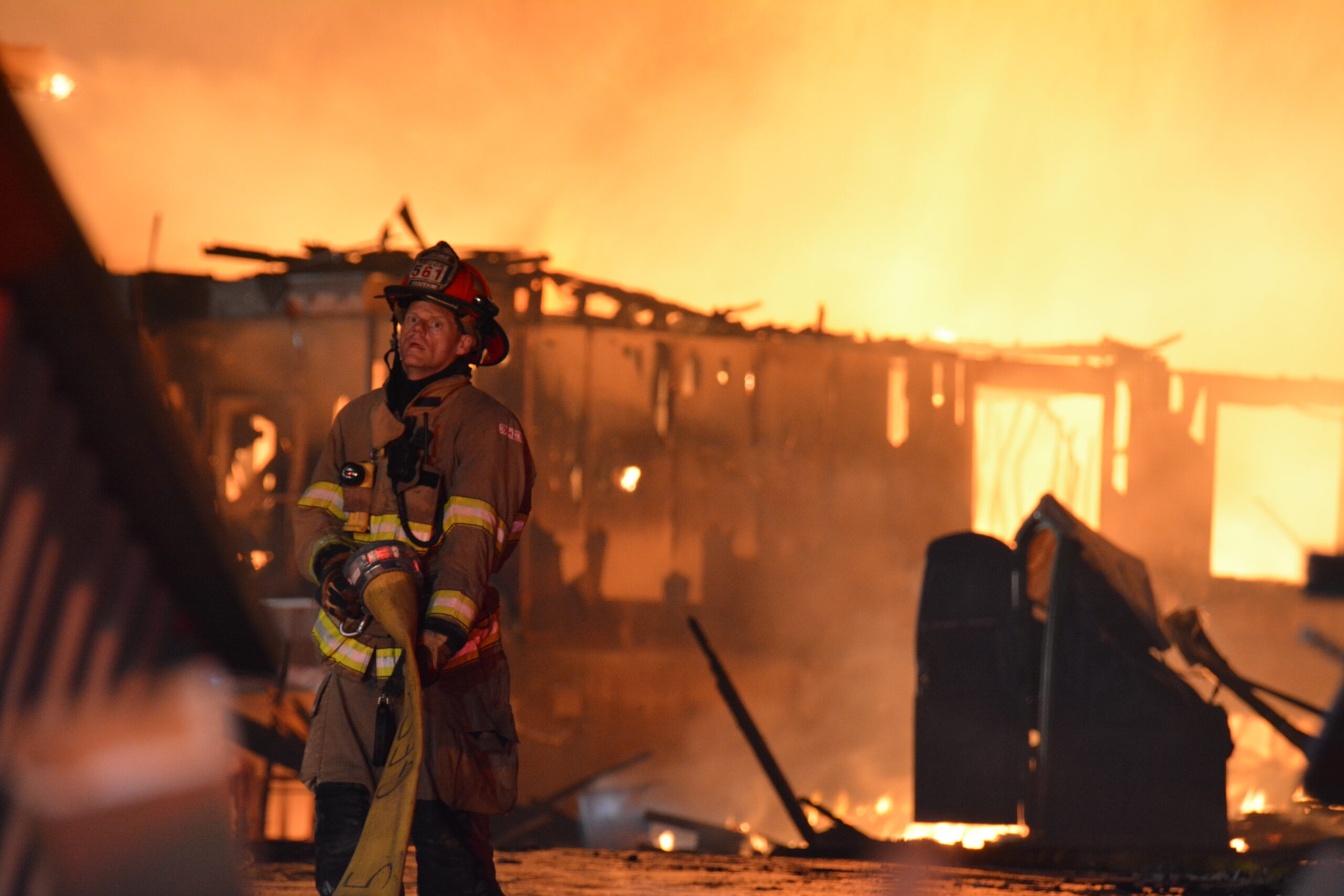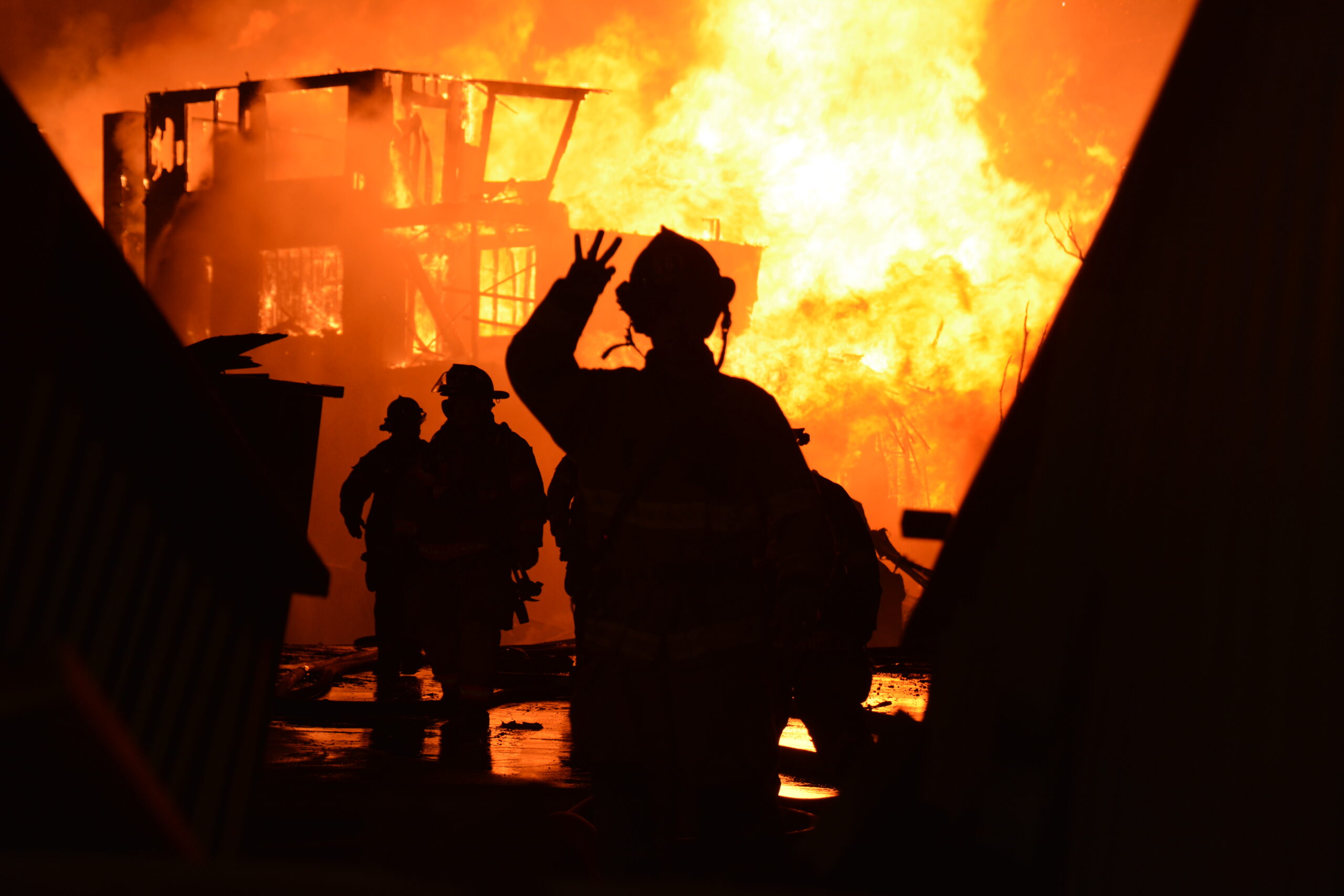Big Wins in Health and Wellness for Public Safety in Texas

The 89th Texas Legislative Session delivered historic wins for firefighters and law enforcement officers in health and wellness, marking a pivotal moment for public safety professionals across the state. Among the most impactful achievements was the passage of the Wade Cannon Act.
For those unfamiliar, Wade Cannon was a Flower Mound firefighter who tragically lost his life to colon cancer at an early age. During his battle, Wade faced many obstacles within the healthcare system. In his honor, the Wade Cannon Act requires the Texas Commission on Fire Protection (TCFP) to develop and implement a rule mandating comprehensive physicals for firefighters by their fifth year of employment, and annually thereafter. This landmark legislation represents a major step forward in safeguarding the long-term health and careers of Texas firefighters. Hopefully, it will inspire similar actions in other states.
In addition to the Wade Cannon Act, several other important bills and appropriations passed, including:
HB 331 – Expands presumptions for medical benefit claims filed by certain first responders. Heart attacks and strokes are now presumptive if they occur within 8 hours after the end of a duty shift and the first responder participated in stressful or strenuous activities such as:
-
- Fire suppression
- Rescue operations
- HAZMAT response
- Emergency medical services
- Law enforcement or other emergency responses
- Physical training exercises
It removed the word “non-routine” from the definition of a qualifying activity. This means any stressful or strenuous physical activity (routine or not) now qualifies. The loophole closed making it much easier for first responders to receive benefits when suffering a heart attack or stroke after duty-related physical activity. The bill ensures that more claims are honored, reducing delays and financial burdens for injured or fallen first responders and their families.
HB 1593 – Establishes an advisory committee to study suicide prevention, peer support programs, and evaluate the need for statewide implementation in Texas fire departments. The committee shall be comprised of:
-
- 6 Firefighters/Fire Chiefs (appointed by the three major associations- TFCA, TSAFF, SFFMA)
- 3 Licensed Mental Health Professionals (appointed by the same associations)
- 1 TEEX appointed representative
- The Executive Director of the Texas Commission on Fire Protection
The committee will study current peer support and suicide prevention efforts, identify confidentiality or licensing issues, and evaluate the need for legislative action or local programs. The report is due back to the Governor and Legislature by September 1, 2026, and must include an overview of current programs, recommendations for legislation, and suggestions for local initiatives as well as specific state programs. The TCFP may also adopt rules to support the committee’s mission.
HB 1639 – This bill directs the Department of State Health Services and the Texas Commission on Fire Protection to investigate the increased incidence of cancer among female firefighters in Texas focusing on cancers specific to women including ovarian and breast cancer. The Department and Commission shall use the Texas Cancer Registry and other readily available sources to compare cancer rates of female firefighters with the general population. The report is due back to the Texas Legislature by September 1, 2026, and must be posted publicly on all relevant agency websites and include the findings and any recommendations for legislative or policy action.
HB 4144 – Amends and strengthens current Government Code Chapter 607 and applies to retirements on or after January 1, 2026. Political subdivisions who employ fifty or more firefighters or peace officers respectively and offer a post-retirement health plan that is comparable in coverage and cost to the plan held by the retiree on their last day of service are exempt. Non-exempt political subdivisions must provide a post-retirement critical-illness supplemental income benefit to the retired firefighter or peace officer if they are diagnosed with one of the presumptive cancers listed in Section 607.055 of the Texas Government Code or the retiree suffers an acute myocardial infarction or stroke and described in Section 607.056 of the Code. The benefit shall be the lessor amount of the retiree’s yearly salary or $100,000 paid in one lump sum or over three months in equal installments.
SB1, E.3.3 – Appropriates $5 million over two years to the UT Health Science Center at Houston’s Southwest Center for Occupational and Environmental Health to support cancer research in the Texas fire service.
At Front Line Mobile Health, we actively monitored these and other bills throughout the legislative session. We were honored to contribute input to State Representative Ben Bumgarner on the Wade Cannon Act, and we remain dedicated to supporting departments across Texas and in all the states we serve.
If you are a current partner in Texas, we are ready to assist with understanding and implementing the requirements of these new laws. And for all departments we serve, our mission remains the same: to help your agency stay compliant, improve wellness outcomes, and navigate the evolving landscape of firefighter health and safety. We are best in class and built for this.
John Sherwood
Chief of Staff – Front Line Mobile Health
Former Assistant Fire Chief – Grapevine Fire Department

